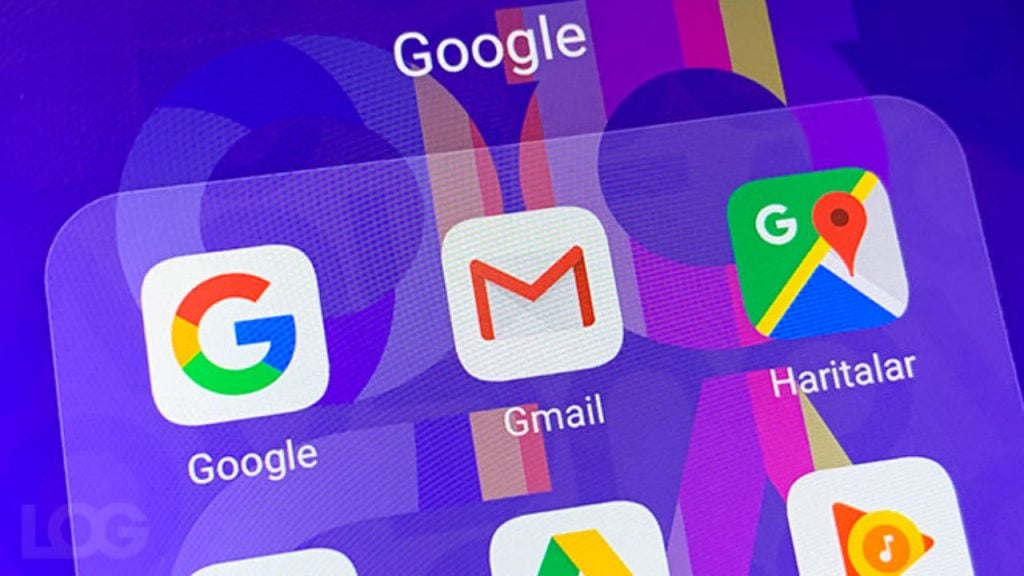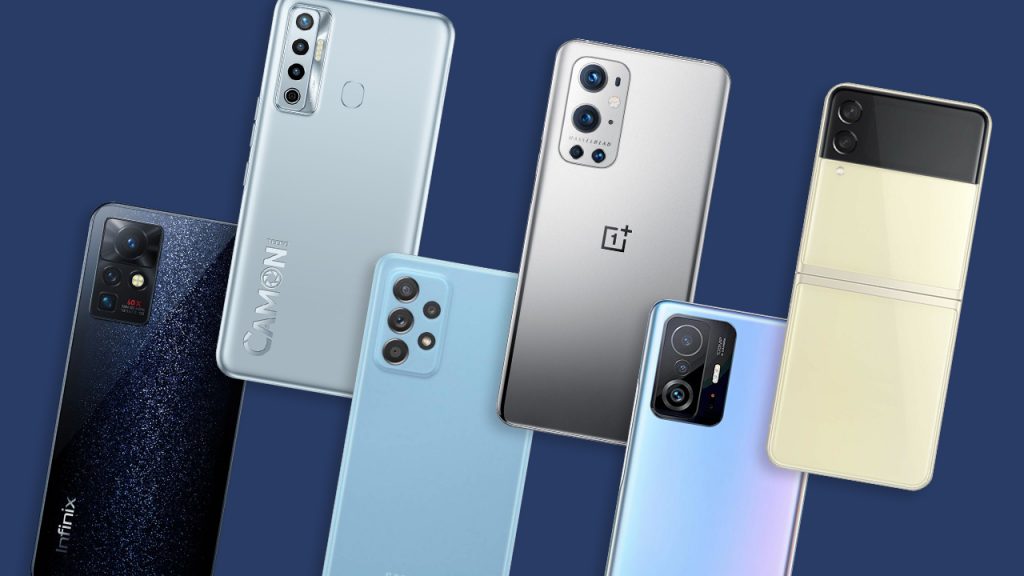Android is the world’s most popular mobile operating system, used by billions of devices made by hundreds of different manufacturers. Although the overall experience remains similar for most users, Google has had to make a series of changes to its Android platform in India following a ruling by the country’s competition watchdog. Here are the details…
India to Receive Unique Android Experience with Optional Google Apps
According to the latest reports, Android smartphones in India will receive a version of Google Mobile Services (GMS) that comes with optional Google apps. The new Indian Mobile Application Distribution Agreement (IMADA) between OEMs and Google will only require the installation of the Google Play Store. Rather than the 11 key Google apps mandated by the standard agreement in other markets. However, Google will offer a “per-app bounty” to smartphone makers who pre-install any of these 11 apps.

The IMADA also differs from other markets in that it doesn’t require smartphone makers to include; Google search bar, Google app folder, or Play Store icon on the main screen. Additionally, the agreement will allow Indian users to choose their default search engine during the setup process. Similar to the provision in Europe, with this option expected to be available from Q2 2023.
The changes will only apply to smartphones sold in India. The introduction of these changes is significant as it shows that Google is willing to make adjustments to its products and services to meet the specific needs of different markets. It’s a positive development that Google is willing to work with regulators and tailor its offerings accordingly.

The changes is not yet officially confirmed by Google. However, the report is in line with recent developments in India’s tech industry, India is the world’s second-largest smartphone market after China, and companies like Google must work with Indian regulators to stay in the market. However, we will see in the future whether the gap between the Asian country and the US technology giant will open up due to these developments.
RELATED:
- Realme GT 3 for China Likely to Feature Snapdragon 8 Gen 3, Launch Timeframe Confirmed
- Best Laptops Under $500 – Offering Performance On A Budget
- Xiaomi Will Launch the 13T Series Later This Year, Skipping the 13S Lineup: Tipster
- XGIMI H6 4K Projector With a 150-inch Display Size, Harman Kardon Custom Speakers Unveiled
- Lenovo Kaitian N8 Series Notebook With a Domestic Zhaoxin Kaixian KX-6000 Processor Launched in China
(via)






